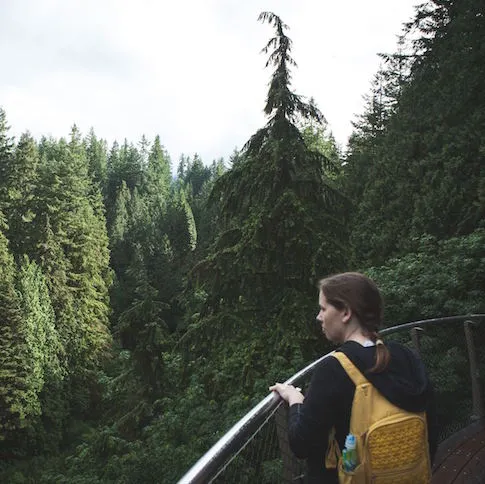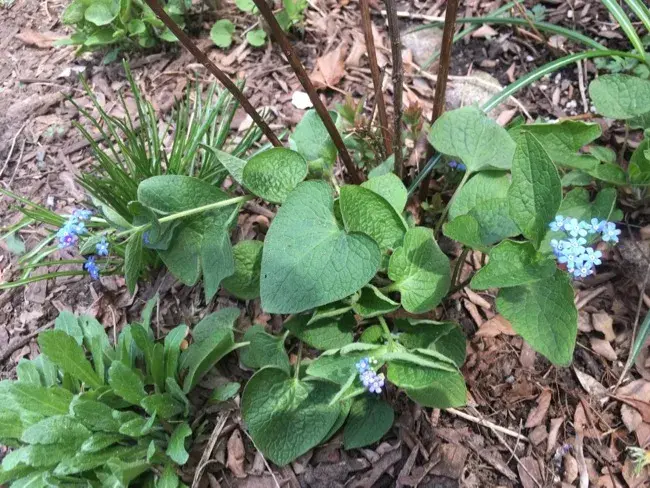Gardening in the city (2018)



I haven't spent a lot of time sitting at my computer lately. One of the reasons is my small urban garden. It's very much a patchwork affair: a little intention, a little luck; some input from squirrels, birds and the wind; some successes and lots of trying again after minor failures. I like to think of this as a collaborative process, or at least as a kind of ongoing negotiation. I try to garden with a relatively open mind and a light hand.
Recently I overheard a TED Radio Hour podcast featuring environmental writer Emma Harris, and Harris gave me another way to think about my gardening style and philosophy. This podcast episode focused on the Anthropocene: meaning (more or less) the current era of our planet's existence, which seems to be defined primarily by humans' impact on the world. In her part of the podcast, Marris spoke about humans' impact on the world in terms of nature, the destruction of natural spaces, and our efforts to manage and conserve what's left.
https://www.npr.org/programs/ted-radio-hour/494774287/anthropocene
Marris particularly grabbed my attention when she started talking about "novel ecosystems" – the kinds that develop in spaces where they're left to grow on their own. The plants here grow from seeds (often non-native species) brought in by the wind and the birds and the squirrels, and these environments can develop in surprising ways.
Marris challenges the idea that these spaces are just "trash"; instead, drawing on the work of Greg Aplet, she suggests that novel ecosystems might have a place in conservation strategies. If you have a piece of land you want to cultivate as a natural space, divide it in three parts. In one part you try to preserve the nature that was, in another you innovate and experiment, and the other part you let alone and see what happens.
I don't have my tiny bit of landscape divided into three distinct parts. I don't have any grand plan or goals guiding my yard work. But my style of gardening is a little bit preservation, a little bit experimentation and a little bit letting things be. And from here on out I expect I'll keep Marris's and Aplet's ideas in mind, especially when I find the next surprise seedling and wonder what it might grow up to be.